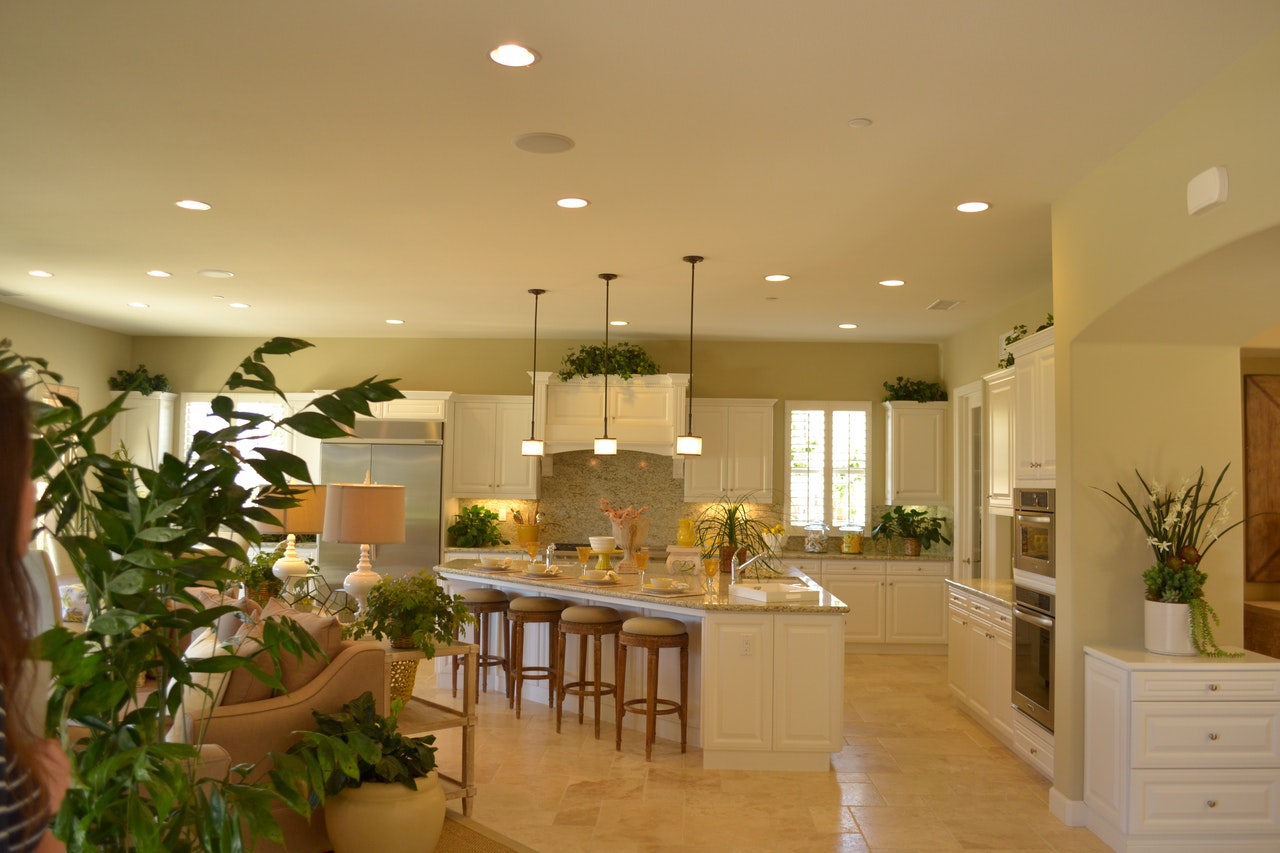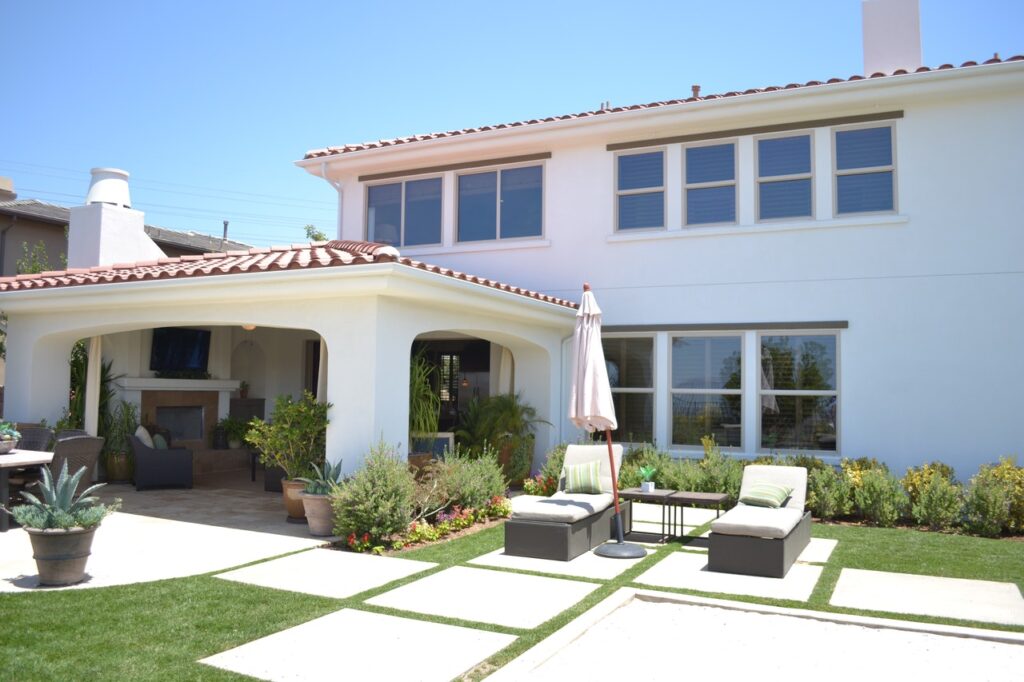
When you’re budgeting for a home purchase, there are a lot of factors to consider. How much can you afford to spend? What kind of mortgage can you afford? What are your monthly payments going to be? And that’s just the beginning.
Properties at Daytona Beach come at a premium, so for the idyllic sea view, you will have more budget to allow for. This is not just the cost of the home but all the costs that go with purchasing one. With this in mind, you may find it helpful to look at this useful guide to managing your living costs before committing to any major decisions: https://homesofdaytonabeach.com/cost-of-living/
For instance, there are other costs associated with buying a home, such as closing costs, real estate taxes, and insurance. Then there are the ongoing costs of ownership, such as repairs and maintenance. All of these factors need to be considered when budgeting for a home purchase.
Here are some tips to help you get started:

This includes your down payment, closing costs, and monthly payments.
It is important to have saved up enough deposit before contemplating a house purchase. In terms of high-end properties, this will likely be the sum that you already have as equity in your existing home. Different areas can be more or less expensive to move to, so you might then be able to afford a different size or type of property. Perhaps even a beach home that would provide too expensive elsewhere might become affordable.
This will give you an idea of what kind of interest rate you can expect to pay. Once you have applied for a mortgage, even if your current house deal falls through, you will have a better idea of what another property will cost with a similar mortgage. It is good to already have a mortgage in place.
These are typically included in your monthly mortgage payment, but it’s good to know how much they will be.
When budgeting for a home purchase, it’s important to account for closing costs. Closing costs are the fees and expenses associated with the transfer of ownership of a property. They can vary depending on the location and type of property but typically range from 2-5% of the purchase price. It is worth checking early on can closing costs be included in loan with your mortgage provider. If not, there are several alternatives such as loans, credit cards, and homeownership assistance programs. Some early research will help you to figure out which works best for you.
These costs might seem like a small percentage but it can add up to quite a sum when a property is in the higher price bracket because of being, for example, a beach property.
Even a new home will need some work from time to time. Budgeting for these costs will help keep you from being surprised by a large repair bill. Beach or waterfront homes tend to be higher maintenance than inland houses.
Have a survey done on the new property that will not just satisfy those giving you the mortgage but also so that you know just how much maintenance work will be required over time. You will then not get any surprises that you had not budgeted for originally. Of course, storms can change things, but then a house susceptible to them could have perhaps been protected more by maintenance being carried out sooner rather than later on it.
This will help you cover unexpected costs, such as a major repair or a job loss.
You never know when a natural event might occur that damages property. This could be more likely with a beach property that could sustain sea damage from a large unexpected wave. We should be prepared for that when we buy a property close to the sea or ocean. Preparation can be about having money put aside for such emergencies concerning our property.
Jobs can change and reduce incomes, so this should be considered in advance. Always have a financial Plan B.
Budgeting for a home purchase doesn’t have to be overwhelming but by taking the time to understand all of the costs involved you can make sure you’re prepared for whatever comes your way.
Above all, using these budgeting tips can help you get started on the path to home ownership.

